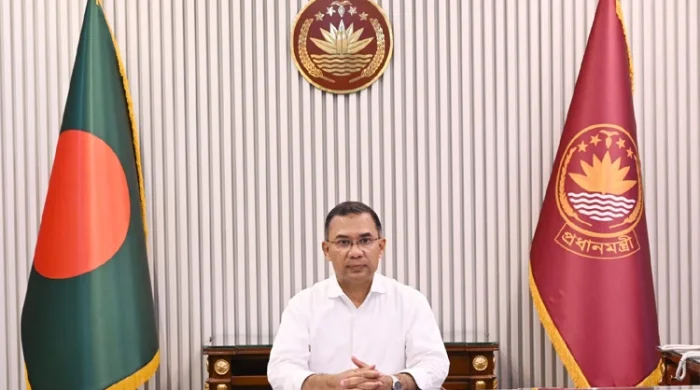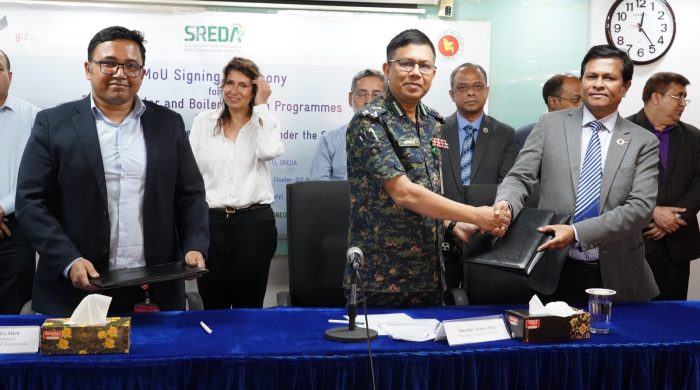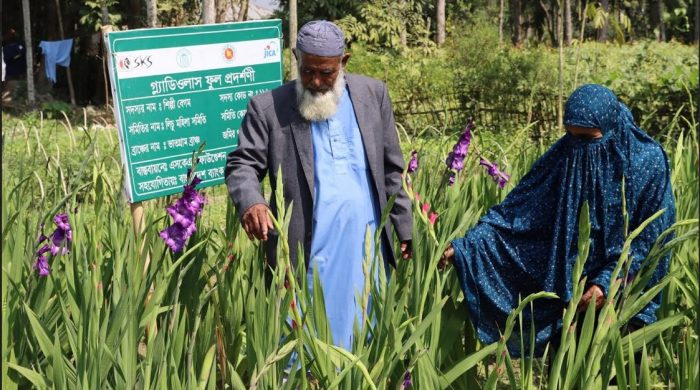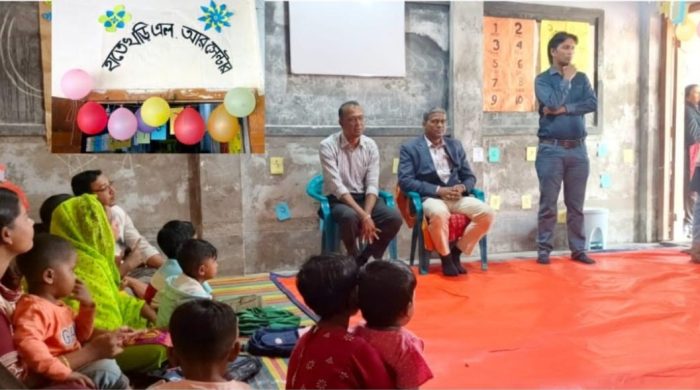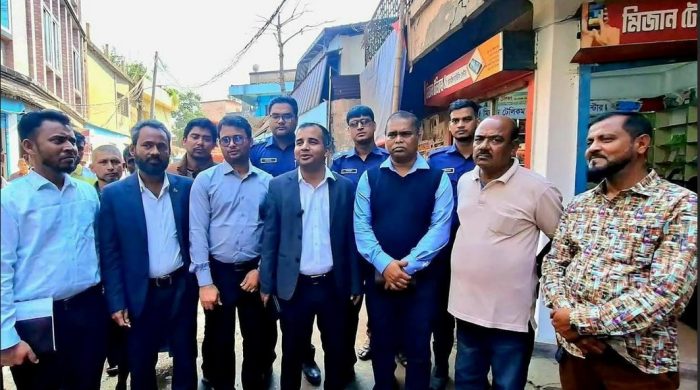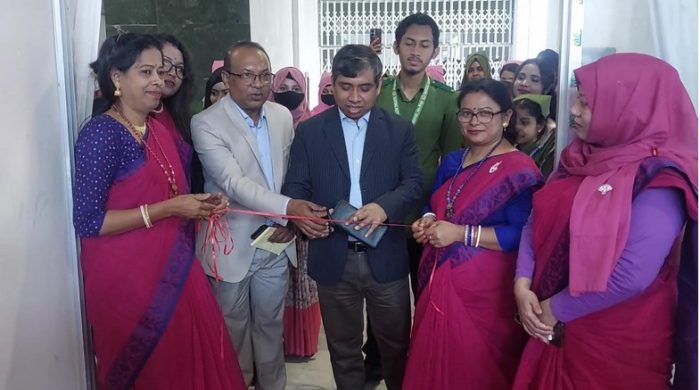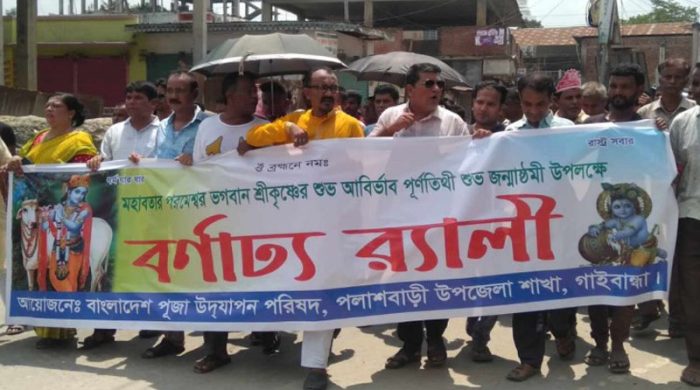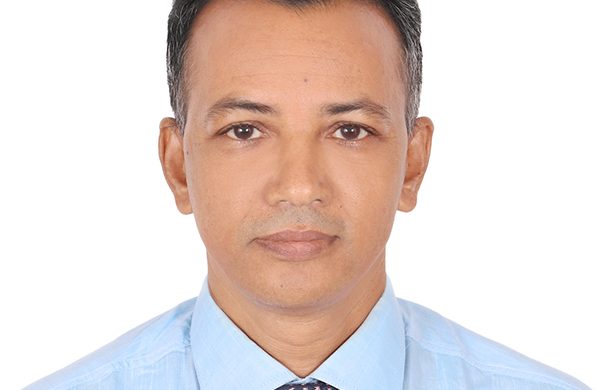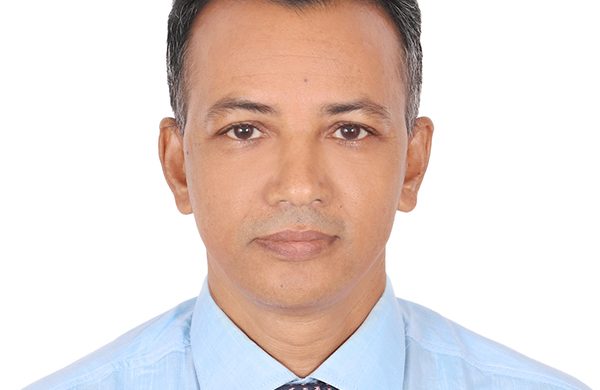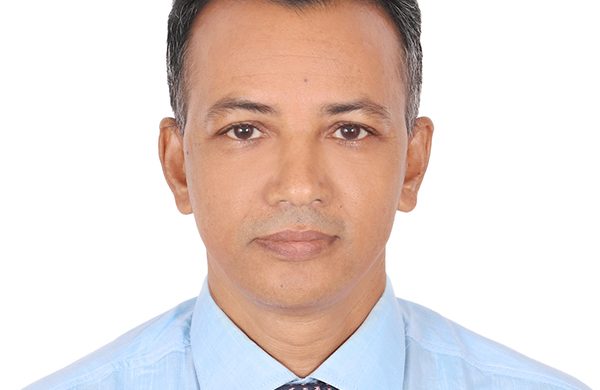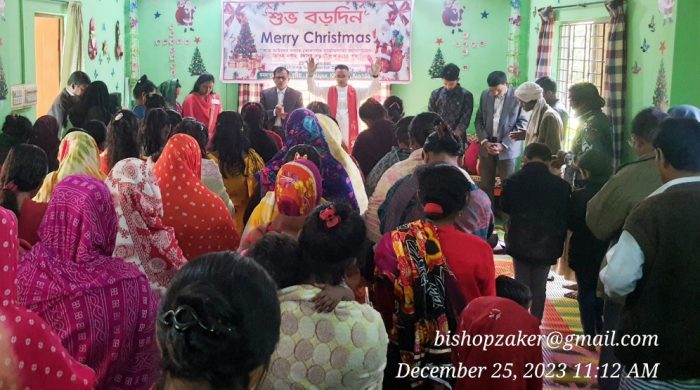Two Bangladeshi women among top 100 Asian scientists

DHAKA
Two Bangladeshi scientists have made it to the 2023 list of the 100 “best and brightest” Asian scientists for their contribution to research. Child Health Research Foundation’s Senjuti Saha and Dhaka University’s Gawsia Wahidunnessa Chowdhury have been included in the eighth edition of the list published by Singapore-based magazine Asian Scientist. This year’s list includes researchers and inventors from across a range of scientific disciplines for their groundbreaking achievements to transform the world — from understanding glacial cycles and structural geology to advancing space exploration. “Asia’s researchers continue to dream big and serve marginalised communities. Pushing the boundaries of the unknown, the awardees, with the help of their teams, accomplished huge successes,” the Asian Scientist Magazine said in a press release. Gawsia, a professor of zoology at the University of Dhaka, has been included in the list for her contribution in the field of sustainability. She obtained her PhD in zoology (wetland ecology) from the University of Cambridge. She is a board member of the internationally renowned conservation organisation WildTeam, which works to protect the rapidly disappearing natural assets of Bangladesh. She won the OWSD-Elsevier Foundation Award in 2022 for her contributions to conserving aquatic ecosystems and vulnerable species in Bangladesh. She focuses on the risk of plastic pollution in the country’s waterways. She is also empowering women from poor and marginalised communities to turn discarded fishing nets into products such as carpets to help create alternative sources of income for women while protecting aquatic habitats. She is a member of the Zoological Society of Bangladesh and has been the co-chair of the South Asian Invertebrate Specialist Group of the International Union for Conservation of Nature (IUCN). Senjuti Saha, one of the leading young scientists in Bangladesh who has been championing the cause of equity in global health research, has been included in the list for her contribution to life sciences. Saha’s team was the first to sequence the genome of SARS-CoV-2 in Bangladesh, and the first in the world to show that the chikungunya virus could cross the blood-brain barrier and cause meningitis in Bangladeshi children. She has won multiple domestic and international awards for her contribution to medical science research including Women of Inspiration 2021 Award by Junior Chamber International, Bangladesh and Webby Award in 2020 for Infectious Disease Detectives (with Chan Zuckerberg Initiative). Senjuti is also a member of the Polio Transition Independent Monitoring Board (TIMB), created by the Global Polio Eradication Initiative led by the World Health Organization. Scientists from China, India, Malaysia, Pakistan, Singapore, Japan, South Korea, the Philippines, Hong Kong, Sri Lanka, Indonesia, Thailand and Vietnam have also secured their places on the prestigious list. Every year since 2016, Asian Scientist Magazine compiles a list of Asia’s most outstanding researchers. Now into its eighth edition, the Asian Scientist 100 list celebrates the success of the regions best and brightest, highlighting their achievements across a range of scientific disciplines. To be acknowledged on this list, the honouree must have received a national or international prize in the preceding year for his or her research. Alternatively, he or she must have made a significant scientific discovery or provided leadership in academia or industry.




